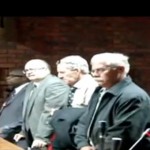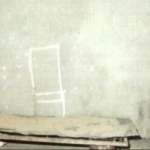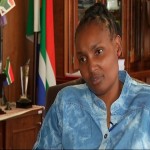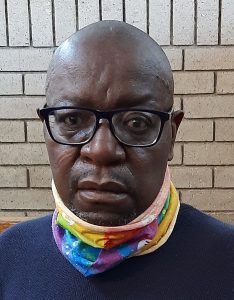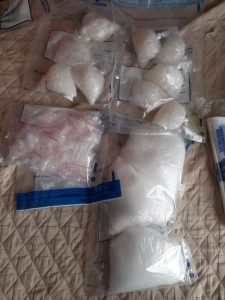The process of reconciliation in South Africa is a daunting – and, at times, seemingly impossible – journey, a course of action driven by principle over personal grudge, the pursuit of good over evil, and the joining together of various forces in an effort to achieve an ultimate ideal. For those intimately involved in the process, what kept them on this road was the belief that the future of our democratic South Africa depended on it. On the completion of its work, the TRC amnesty committee handed over 300 cases to the NPA – but nothing has been done since then. According to former national director of public prosecutions Vusi Pikoli, “there was political interference that effectively barred or delayed the investigation and possible prosecution of the cases recommended for prosecution by the TRC”.
One of those cases was the abduction, brutal torture and alleged murder of MK operative Nokuthula Simelane. In September 1983, just a few days before her 24th birthday and her graduation ceremony in Swaziland, she was set up by a police informant at the Carlton Centre and subjected to five weeks of being chained to a bed in a farm in the North West and repeatedly tortured by members of the notorious Soweto Security Branch. At the Truth and Reconciliation Commission (TRC), three of the accused applied for amnesty from prosecution for her kidnapping but not her murder.
Her body has never been found but since her ‘disappearance’ 33 years ago her sister Thembi Nkadimeng – now the mayor of Polokwane – has tirelessly waged a crusade to bring her murderers to book and finally provide closure for her still devastated family. Now, it seems that her courageous quest has been accomplished because the four security officers are finally being charged with Simelane’s murder.
The NPA says there’s now enough evidence to pursue charges against the four with a reasonable chance of securing a conviction. However, the NPA is yet to explain why, for decades, it avoided prosecution of perpetrators of apartheid atrocities, even when they refused to provide full disclosure of their crimes. Like Nokuthula Simelane’s body and hundreds of other victims of apartheid atrocities, where the truth lies might remain hidden beneath a history of brutality, political expediency and, ultimately, betrayal.
But for Nkadimeng, the trial and its outcome will simply provide her remaining family with the chance to grieve, find closure and bury her sister with the dignity she has been denied for thirty three years.

